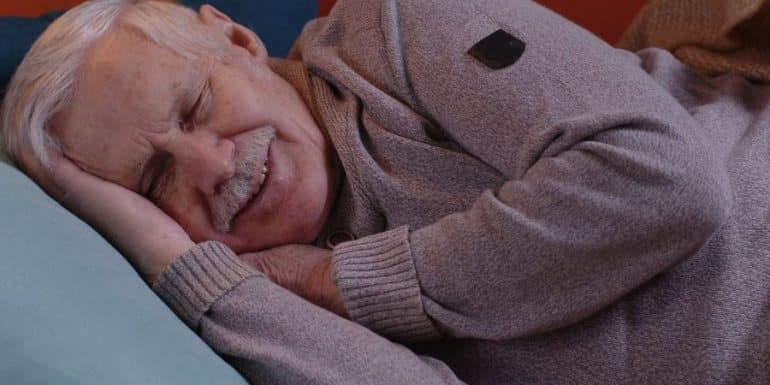Older people who start having bad dreams or nightmares are likely to show early signs of Parkinson's disease, according to a new British scientific study, the first to make this correlation.
The researchers, led by neuroscientist Dr. Abidemi Otaiko of the University of Birmingham's Human Brain Health Center, published their findings in the journal eClinical Medicine and analyzed data from 3.818 people over a 12-year period. Those who reported having nightmares, at least once a week, were then monitored to see if they were diagnosed with Parkinson's.
Eventually, 91 people were diagnosed with the disease. Those who often had nightmares were two to three times more likely to be diagnosed with Parkinson's than those who did not.
Previous studies have found that Parkinson's patients experience more nightmares than the general population, but this is the first time that bad dreams have been used in advance as a predictor of the disease.
"While it may be really helpful to be diagnosed with Parkinson's disease early, there are very few risk indicators and many of them require expensive hospital examinations or are not as specialized as diabetes. "Although further research is needed on the importance of nightmares and nightmares, it seems that those who suddenly begin to experience changes in their dreams at an advanced age, for no apparent reason, should consult a doctor," Otaikou said.
The study shows that the elderly who will eventually be diagnosed with Parkinson's are more likely a few years before the onset of the characteristic symptoms of the disease (tremor, stiffness, slowness of movement, etc.) to begin having nightmares. Researchers believe that dreams can reveal important information about the health of the brain and therefore be used more widely by neuroscientific research. Larger studies will follow to better investigate possible associations between dreams and other neurodegenerative diseases, such as Alzheimer's.
Source: RES-EAP
